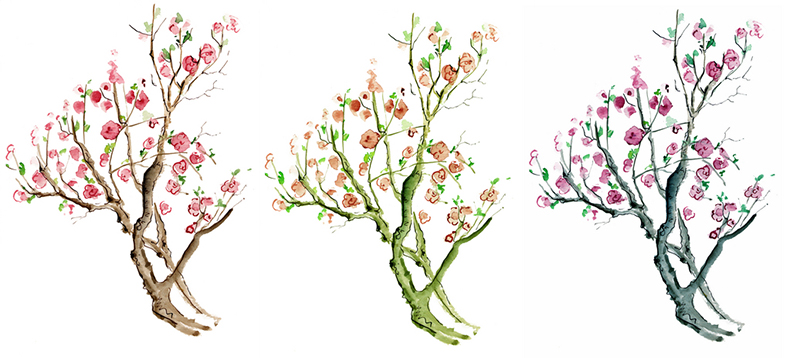Your Contextual Analysis Project asks you to view your issue from a broader framework in order to see things you wouldn’t notice if you analyze only textual or rhetorical features. The frameworks might derive from historical, theoretical, biographical, social, ideological or cultural information, and they serve as contexts in which you can analyze your issue:
- Interdisciplinary: How do different academic disciplines discuss your issue, and how do their different approaches affect your understanding of the issue?
- Social: What are the social influences, values, events, and discourses reflected in your issue?
- Cultural: What kinds of culturally-specific values, beliefs, and patterns do you see in your issue and how has your issue been shaped by these influences?
- Critical: What have other people — critics, authors, Op-Ed writers — had to say about your issue?
- Theoretical: This is a wide category because there are so many theories that enable writers to critically examine features of an issue and their associated texts: feminist, Marxist, modernist, post-modernist, rhetorical, etc. Here, you might draw on the theories of a certain scholar or movement to examine your issue.
- Ideological: This is a particularly helpful framework if you are interested in issues related to people’s values, assumptions, desires, and conflicts. Ideologies are beliefs that people hold; the prominent ideas that tell us what should be, or must be, or what seems normal. For example, the idea of democracy in the United States is an ideology — it assumes that everyone’s voice should be equal, whether people are uneducated or college professors, politicians, or people who never read the news. Other ideologies include capitalism, religion, and education.
- What would a reception study of the film Hunger Games tell us about where the film resides in the public imagination?
